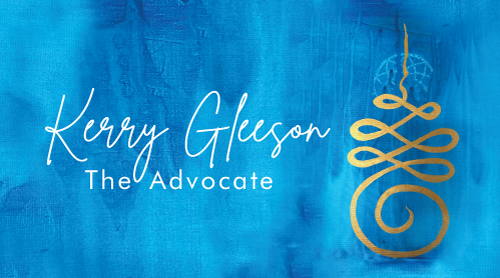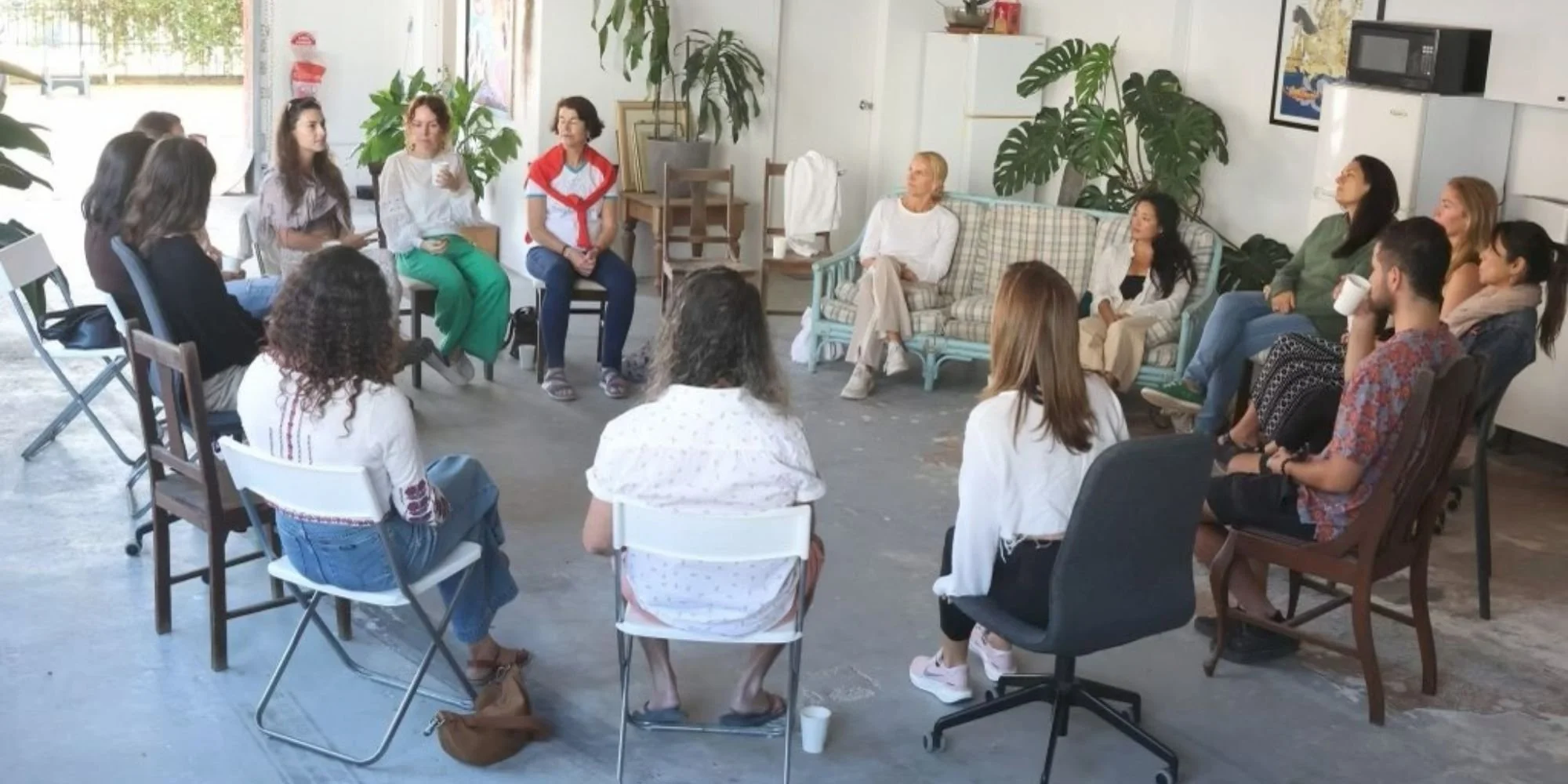Support Groups/Events
For more information and to find out meeting times, please click on
-
These support groups are safe spaces created by and for women survivors - places where your truth is honored, your strength is recognised, and your healing journey is supported by others who have walked similar paths.
Born from: The isolation of childhood trauma and the power of sisterhood and mutual understanding.
For years, I thought I was the only one who understood what it was like to navigate the world of Childhood Trauma. When I finally found other survivor women who understood.
You Are Not Alone
The isolation that often follows childhood sexual assault and family domestic violence can feel overwhelming. You might have spent years feeling like you're the only one who understands what it's like to:
Carry secrets that shaped your entire childhood
Navigate relationships when trust feels impossible
Struggle with your body, boundaries, and sense of safety
Feel responsible for what happened to you, even though you know it wasn't your fault
Experience triggers and reactions that others don't understand
Wonder if you'll ever feel "normal" or whole
Lived Experience Leadership
These groups are facilitated by someone who has been where you are. They are not to replace clinical support.
No judgment - your story, your responses, your timeline are all valid
Real understanding - of the unique challenges survivors face
Hope through example - seeing someone who has walked your path and is thriving
Authentic safety - created by someone who knows what survivors need to feel secure
Trauma-Informed and Person-Centered
Every aspect of these groups are created with survivor safety and empowerment in mind:
You're always in control - share what you want, when you want, or just listen
Your pace, your process - no pressure to heal faster or differently than feels right for you
Confidentiality is sacred - what's shared in group stays in group, unless you or another are at risk.
Safety first - both emotional and physical safety are prioritised in every moment
What Happens in These Groups
Connection and Understanding
Being truly seen by other women who understand your experience without explanation
Sharing stories (only if and when you want to) in a space free from judgment
Witnessing courage as you hear other women's journeys of survival and healing
Breaking isolation that trauma often creates
Practical Healing Tools
Coping strategies that actually work for survivors of childhood trauma
Boundary setting skills to help you feel safer in relationships
Body awareness practices to help you reconnect with your physical self
Trigger management techniques developed by and for survivors
Self-compassion practices to counter the self-criticism trauma often leaves behind
Empowerment and Growth
Reclaiming your voice in a space where it's safe to speak your truth
Recognising your strength - the incredible resilience it took to survive
Building healthy relationships starting with the connections you make in group
Exploring your identity beyond what happened to you
Creating meaning from your experience in whatever way feels right to you
Who Are These Groups For?
These groups welcome women (18+) who have experienced:
Childhood sexual assault
Family domestic violence
Complex trauma - multiple traumatic experiences, often starting in childhood
Intergenerational trauma - patterns of abuse that have affected multiple generations in your family.
These groups are run by Kerry Gleeson at The Advocate.
For more information and to find out meeting times, contact kerry.gleeson@outlook.com.
-
Understanding Anxiety
Anxiety can be a natural response to stress, uncertainty, or challenging situations. It often shows up as feelings of worry, nervousness, or unease, especially when facing the unknown. In many cases, anxiety can actually help us stay alert and prepared.
However, when these feelings become overwhelming, constant, or out of proportion to the situation, they can start to affect daily life. At this point, anxiety may be part of a more serious condition known as an anxiety disorder.
Why Join Way Ahead Support Group?
Peer Support
Connect with others who truly understand what you're going through. Share experiences in a safe, non-judgmental environment.
Coping Strategies
Learn practical techniques and tools from both facilitators and fellow group members to manage anxiety effectively.
Build Confidence
Gain strength and confidence as you share your ideas and hear others' journeys of what can help.
Personal Growth
Develop self-awareness and resilience while working towards your personal mental health goals.
Meeting Info
These groups are co facilitated with Way Ahead and Kerry at The Advocate in Mona Vale - 1st Tuesday in the month from 6.30-8.30pm.
What to Expect
Support group meetings are structured yet flexible, allowing for both guided discussion and open sharing. Each session typically includes:
Welcome and check-in with all participants
Discussion of coping strategies and techniques
Sharing experiences in a supportive environment
Goal setting and encouragement for the week ahead
All discussions are confidential, and participation in sharing is always voluntary. Come as you are – there's no pressure to speak until you're comfortable.
Who Can Join?
The group is open to adults (18+) who are experiencing anxiety and seeking peer support. No referral is needed, and you don't need a formal diagnosis to participate. Whether you're dealing with general anxiety, social anxiety, panic attacks, or anxiety related to specific situations, you'll find understanding and support here.
We welcome people at all stages of their mental health journey – from those just beginning to understand their anxiety to those who have been managing it for years. Support Group Locations | Wayahead.
As noted by Way Ahead on their website -
IMPORTANT – This is not a treatment group. It is a place where people who are impacted by anxiety can give and receive support related to living with and managing their anxiety. It is facilitated by trained volunteers who have a diverse range of experiences but who are not qualified health professionals. As such, this group is not suitable for people with high levels of mental distress which may be associated with psychosis, severe depression or active post traumatic stress disorder (PTSD). We recommend that you do not attend this group if you are experiencing high levels of distress as it is unlikely that it will able to meet your needs.
For more information, or to discuss whether this group is suitable for you, please call 1300 794 992 or email supportgroups@wayahead.org.au.
For more information and to register for this group please click HERE.
-
Seasons for Growth - Children’s Groups
Seasons for Growth is a small group education program that supports children and young people to develop the knowledge, skills and attitudes to understand and respond well to experiences of change, loss and grief.
Seasons for Growth supports children and young people who have experienced change and loss, including, although not limited to friendship changes; family separation; loss or death of someone they care about; loss of a pet; relocation and forced migration; living away in out of home care; physical or mental illness; or impacts of war, terrorism or pandemics. We suggest that children and young people impacted by bereavement wait 6-12 months before participating in a Seasons for Growth program.
Children and Young People's Program | MacKillop Seasons
Seasons for Growth - Adults Groups
Seasons for Growth is a small group education program that supports adults to develop the knowledge, skills and attitudes to understand and respond well to experiences of change, loss and grief.
Seasons for Growth supports adults who have experienced change and loss, including, family separation; loss or death of someone they care about; loss of a pet; relocation and forced migration; physical or mental illness; or impacts of war, terrorism or pandemics. While the adult program reflects the same underlying theory as the Children and Young People's program, it incorporates sound adult learning principles to help build resilience and promote the social and emotional wellbeing of adults as they adapt to change, loss and grief in their lives.
Adult Program | MacKillop Seasons.
These groups are run by Kerry Gleeson at The Advocate.
For more information and to find out meeting times, contact kerry.gleeson@outlook.com.
-
Alternatives to Suicide peer support groups are for anyone 18+ years old with personal experiences of suicidal thoughts or actions to talk about suicidal experiences and other forms of emotional distress without fear of being put through a crisis management system.
The Alternatives to Suicide approach is about openly exploring the meaning behind thoughts and feelings of suicide, as well as what might be worth living for.
In Alt2Su groups we find strength in coming together to support one another in our times of greatest distress. Our collective wisdom and individual stories have taught us that making space for this topic can be powerful and healing, whether in a peer support setting or anywhere else these conversations come up.
Alt2Su is not a crisis response service, but for many of us in the Alt2Su community, knowing there is a support group to attend each week has often been enough to get us through our most difficult times.
Please Contact Kerry for more information for the Northern Beaches Group commencing in September 2025. kerry.gleeson@outlook.com
-
Suicide Bereavement Support Group. A safe space for healing, connection, and hope.
The Suicide Bereavement Support Group (SBSG) offers a safe, supportive, and compassionate space for those grieving the loss of a loved one to suicide. The group recognises the distinct nature of suicide bereavement, leaving loved ones feeling devastated and often isolated.
The group can provide an opportunity to connect and share with others who understand the emotional toll of this loss.
Each group is co-facilitated by a clinician and a peer with lived experience of suicide loss. All facilitators are trained in trauma-informed care to ensure a safe, sensitive, and supportive environment. Together, they bring both clinical expertise and genuine empathy.
Lived Experience Facilitator
Kerry is a passionate, trauma-informed advocate with lived experience in suicide and grief. Kerry brings an authentic and compassionate approach to grief, aiming to reduce suicide and walk alongside others that have lost their loved ones. Kerry is committed to empowering individuals and families through support, connection, mutual shared understanding and hope.
Clinical Facilitators
Lifeline clinical facilitators are skilled counsellors with extensive experience in:
Suicide bereavement and grief
Supporting individuals through complex emotional responses
All facilitators bring a compassionate, trauma-informed approach that ensures participants feel safe, understood, and supported throughout their healing journey.
Benefits of attending:
Having a group facilitator who has personally experienced the loss of someone to suicide brings real understanding and comfort to others. Their story helps people feel less alone, encourages healing, and builds a safe, supportive space where everyone can share and grow together.
Clinical counsellors are specially trained to support people after a suicide loss. They know how to spot when someone is struggling and can help keep the group safe, supported, and cared for during tough times.
Provide emotional support, psychoeducation and referrals
What We Talk About:
Emotions such as, guilt, shame, anger and trauma
Coping with anniversaries & milestones
Self-care and healing strategies
Shared stories and support
Participants find that sharing their experience with others, along with listening to the similar experiences of others, is invaluable. The sense of community and support that comes from participating in our group can also help to relieve the intense personal pain associated with suicide bereavement.
Topics we talk about may include:
The pain of loss by suicide
Feelings of guilt, shame or failure
Trauma and grief reactions
Coping strategies
Dealing with anniversaries
Self-care
When: Starting July 2025 – Every third week each month, Thursdays 6:30pm – 8:30pm
Where: Lifeline Northern Beaches Office: 310 Sydney Road, Balgowlah NSW 2093
Duration: Ongoing (Booking is essential, prior to joining the meeting)
To Book: Please email counselling@lifelinenb.org.au or call the Lifeline office on 02 9949 5522.
-
Group sessions coming in November 2025 - please message me for further details
-
Group sessions coming in November 2025 - please message me for further details

